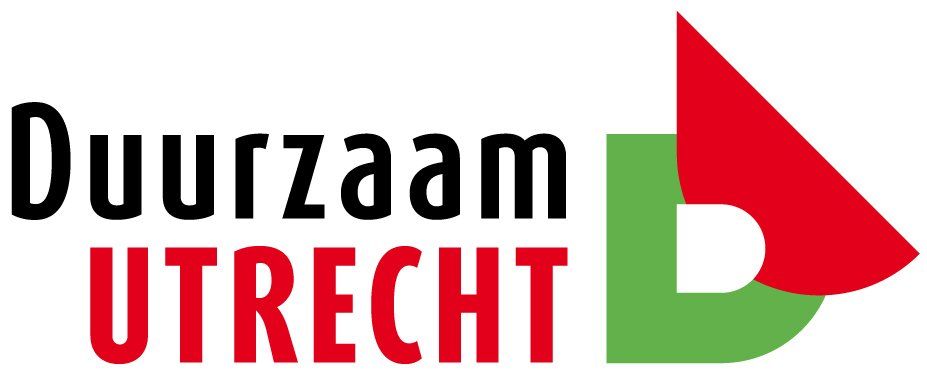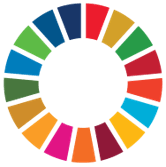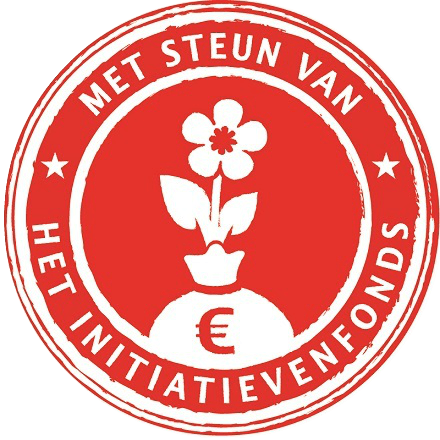Assignments for students and pupils
(Are you looking for inspiration for a sustainable study assignment? You will find more tips further down on this page)
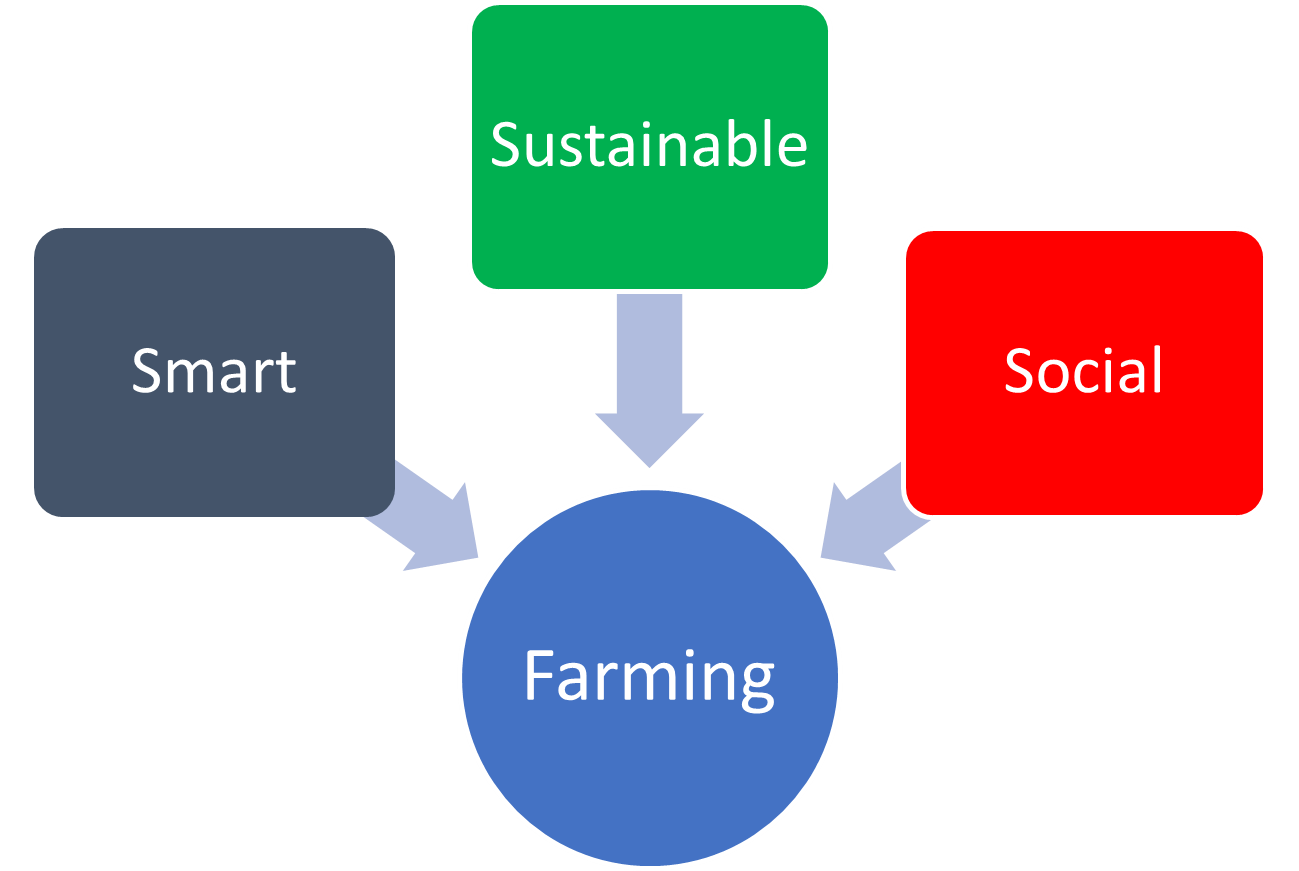
On October 17, 2025, we organized the Smart Farming Future workshop in the House of Active Citizenship. In this project, we started developing business plans for young farmers who want to start a climate-proof viable business within planetary boundaries. Read a short impression of the workshop here.
Study assignment: organize such a workshop yourself and explore the future of smart, sustainable and socially just agriculture. Curious? Mail ineke@duurzaamutrecht2030.nl
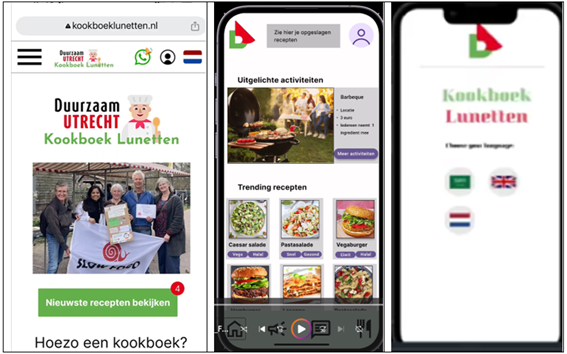
Challenge: Contribute to research into the impact of the cookbook project Sustainable food on a budget in Lunetten' on the formation of a 'Food-social-security community' in the neighbourhood.
Explanation: Socio-economically disadvantaged residents in Lunetten would like to eat organic, but are running into limits. In the cookbook project 'Sustainable food with a small budget in Lunetten', residents have been sharing and tasting each other's favorite dishes with sustainable, local ingredients, since September 2024. From February – April 2025, UU Information Science students co-created prototypes of a cookbook app together with local residents.
From September 2025, students from the Bureau - Grafisch Lyceum Utrecht will make a real cookbook of the collected recipes, supplemented with information and interviews about the range of sustainable food and social dining tables in the neighborhood, and tips for healthy diets. At the end of January 2026, the students will sign their book during a book presentation in the neighborhood.
In the longer term, we want to help a local 'food-social security' community get going, following the French-Belgian example. From February 2026, we want to have a cookbook web app or website built and demonstrated to local residents. In parallel, we investigate the effect of the web app or website on the formation of such a food-social security community.
Do you want to know what you can contribute?
Mail ineke@duurzaamutrecht2030.nl
Are you looking for contacts with other sustainable young people? Click here:
Curious about how young people contribute to sustainable living on a tight budget?
Follow the news on the blog and read their reports:
Posters and reports by cross-over interns of AERES Master Food Systems Innovation:
Adams, A.-R. (2026). Bridging the Gap: A Strategic Advice for the Integration of Young Voices in the Utrechts Programma Landelijk Gebied (UPLG). Zenodo. https://doi.org/10.5281/zenodo.18475109
Ofomah, K. O. (2026). Making Everyday Sustainability Work for Everyone by Strengthening Affordable Access to Healthy Food for Low-Income Residents in Utrecht. Zenodo. https://doi.org/10.5281/zenodo.18457694
Musa, E. A. (2026). Food Literacy, Food Access and Structural Inequality: A Strategic Advice for Duurzaam Utrecht 2030 Cookbook Initiative. Zenodo. https://doi.org/10.5281/zenodo.18430886
Proposals by student teams responding to the challenge Young People Live Sustainably at INDUSAC:
Ndaye, M., Izzo, F., Ozdemir, O., Pontillo, C., & Musto, A. (2025). Young people live sustainably. Zenodo. https://doi.org/10.5281/zenodo.15723979
Montaño, J. L., Keardsap, K., & Raiser Micheli, G. (2025). Bridging Youth Sustainability Efforts: A Proposal for Cross-Country Collaboration Between the Youth of Utrecht and Proponent Countries. Zenodo. https://doi.org/10.5281/zenodo.15477328
Sadiku, A., Dragic, A., & Harun, M. F. (2025). Young people live sustainably. Zenodo. https://doi.org/10.5281/zenodo.15316456
Here you will find the official publications of the student reports on organic food on ZENODO:
Malsch, I., & Wesselink, J. (2025). Strategic advice poster DuurzaamUtrecht2030. Zenodo https://doi.org/10.5281/zenodo.14801518
HAS green academy. (2025). Final report Meaningful Food for Everyone - Sustainable Utrecht 2030. Zenodo. https://doi.org/10.5281/zenodo.14808685
Ul Ain, N. (2024). Subsidized Organic Groceries Kanaleneiland Utrecht. Zenodo. https://doi.org/10.5281/zenodo.14229600
Fedčenko, E. (2024). Sustainable Utrecht 2030 - Report on Subsidized Organic Groceries in Lunetten. Zenodo. https://doi.org/10.5281/zenodo.10631048
van Eijk, J., Hartstra, T., Swets, T., Hoevenberg, N., & Rampaart, M. (2023). Sustainable Utrecht 2030 – Subsidizing organic and sustainable fruit and vegetables. Zenodo. https://doi.org/10.5281/zenodo.7612455
Here you will find the first report on Mobility Poverty:
Verhoef, A.-W., van der Ven, A., Visser, B., Willems, B., ter Haar, J., & Lichtenberg, O. (2024). Mobiliteitsarmoede aanpakken in Utrecht. Zenodo. https://doi.org/10.5281/zenodo.10669526
Here you can find other reports on sustainable living on a tight budget:
Malisani, G. (2024). Sustainable Living in Utrecht: Understanding Current Practices and Future Aspirations. Zenodo. https://doi.org/10.5281/zenodo.10653034
Ineke Malsch. (2022). Sustainable Utrecht 2030 - live sustainably, even on a tight budget Report period September-November 2022. Zenodo. https://doi.org/10.5281/zenodo.7468742
Malsch, I., Brugman, I., Aissati, Y., Beijer, R., & Koster, L. (2022). Sustainable Utrecht 2030 - Live sustainably, even on a tight budget - Report on the pilot in April-June 2022 (Final - 13-07-2022). Zenodo. https://doi.org/10.5281/zenodo.6826852
Study assignment for HBO students - research into sustainability of Turkish and Moroccan supermarkets
We are looking for motivated students who want to investigate how sustainable Turkish and Moroccan supermarkets are compared to large supermarket chains as an intern or as an assignment in the context of their studies. These supermarkets are often smaller and use less packaging, and sustainable principles can play a role, such as minimizing food waste according to halal guidelines.
In this research we analyze various sustainability factors, such as:
- Amount of packaging material per product
- Transport distance and type of products
- Sustainability standards among growers and producers
- Scale of production in country of origin
This research helps to gain insight into whether the habits of consumers with a tighter budget are already sustainable or whether more needs to be done to make sustainable alternatives more accessible. This research can consist of several different studies, so your research may only include a specific aspect/factor of this research. The research methods and the product depend on your interpretation of this research. For example, your research can consist of field research with observations in supermarkets and interviews with shop owners and a quantitative data analysis of the CO₂ impact of transport and production. This can then be elaborated in a report.
For this new assignment we are looking for students from Business Administration & Agribusiness, International Food & Business and Supply Chain Management. Is your study not listed, but are you interested? Send us a message, all insights are welcome!
Contact: ineke@duurzaamutrecht2030.nl
This assignment builds on previous student projects on organic food on a tight budget. Duurzaam Utrecht 2030 offers guidance and puts you in touch with local residents and relevant organisations. The research must fit within a formal internship or practical assignment for credits of your programme, and one or more lecturers must take co-responsibility for the guidance. Travel expenses can be reimbursed in consultation.
Social gardening
In 2022 and 2023, we have tried out various ways with Social Work students from the Hogeschool Utrecht to connect people who would like a vegetable garden but do not have a garden themselves, with people with a garden who cannot maintain it themselves. Here you can find more information about what we have discovered and how we want to proceed.
School assignment for research & design
Find out what opportunities children and young people in your own neighbourhood have to maintain a vegetable garden and why that sometimes doesn't work out. Are there people with a large garden who would like a group of children or young people to come and maintain a vegetable garden for them? How can children and their parents or young people find those people with a garden themselves? Is the website buurtnatuur030.nl a good way to bring supply and demand together? Find out what courses Utrecht Natuurlijk offers to children and young people who want to learn gardening. Are you not satisfied? Think of a recommendation on how they can improve those courses. Does this appeal to you? Contact: ineke@duurzaamutrecht2030.nl
Sustainable living for young people
We are looking for new ways to ask children and young people up to the age of 18 what they want to do about sustainability and then teach them how they can live more sustainably themselves.
This is what we have done so far: Students who completed a community service internship in the 2022-2023 school year have written pieces for our Instagram account, but we have not kept track of this and there are few followers.
A group of Social Work students from the Hogeschool Utrecht interviewed children and their parents in Lunetten about sustainable living and developed the three-card game (a kind of quartet, but with three cards). We tested the game with students from the Bonifatiuscollege, and distributed a number of copies to parents and teachers. You can download it here.
Several international teams of students made proposals for a communication campaign on the challenge Young People Live Sustainably. Some of the reports are included in the list of student reports above.
School assignment for Research & Design
Interview fellow students and their parents about sustainable living, make your own plan for a campaign via social media or develop a game about sustainable living that you enjoy playing.
Does this sound like something for you or do you have an idea yourself? Contact ineke@duurzaamutrecht2030.nl
Sustainable living with a disability
A participant in the Yuth festival wants to make sustainable living possible for people with disabilities, for example aids made from sustainable materials.
Study assignment for students in practical training courses:
Talk to young people with disabilities in your own environment, ask them how they want to live more sustainably and develop a prototype for a sustainable aid in co-creation with them.
Present your prototype during a workshop that we organize together. Want to know more? mail ineke@duurzaamutrecht2030.nl


